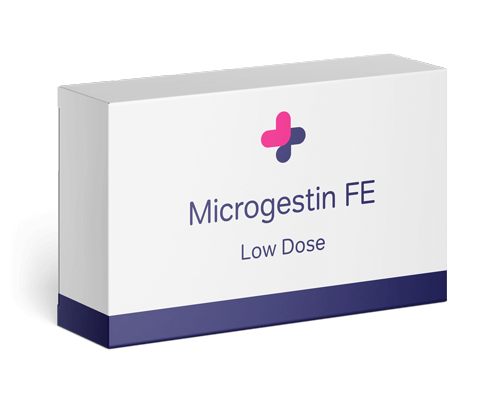Alternatives to Microgestin FE
There are many different types of hormonal birth control, and it is not uncommon to try a few forms before you find the one that is best for you. The pills differ in the form and amounts of progestogen and/or estrogen they contain and some women are sensitive to certain forms than others. Low-estrogen pills such as Microgestin FE are especially well-suited to women who are sensitive to estrogen. Another equally suited option is the progestogen-only pill or mini-pill. In contrast to Microgestin FE, the mini pill is taken in a continuous manner, which means that there is no gap for a withdrawal bleed to occur. This pill can also be used in breastfeeding mothers.
Alternatively, you may wish to try a form of hormonal contraception that is not taken orally and does not need to be administered on a daily basis. These include injections (Depo-Provera), implants (Implanon, Nexplanon), and intrauterine devices (IUD, Skyla, ParaGard, Kyleena, Mirena, Liletta). IUDs are especially suitable for women with pre-existing conditions such as hypertension and diabetes, as these devices act directly on the reproductive system. Speak to your doctor or health worker to learn more about your options.
If you do not wish to use hormonal contraceptives at all, you may consider barrier contraceptive methods. These include the cervical cap (FemCap) and male and female condoms. When used correctly, condoms are the only form of contraception that offer protection against STIs.

















Quick and discreet
I ordered Azithromycin tablets for chlamydia treatment, received it next day in a brown discreet pack, and cheaper than all other pharmacies, can't ask for more
Jordan McCann